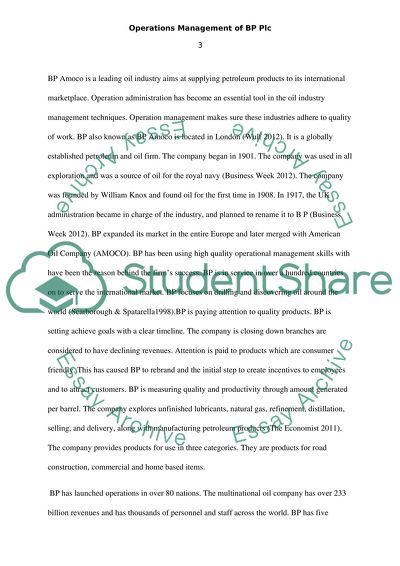Cite this document
(“Operations Management of BP Plc (British Petroleum) Essay”, n.d.)
Retrieved from https://studentshare.org/marketing/1463183-operations-management-of-bp-plc-british-petroleum
Retrieved from https://studentshare.org/marketing/1463183-operations-management-of-bp-plc-british-petroleum
(Operations Management of BP Plc (British Petroleum) Essay)
https://studentshare.org/marketing/1463183-operations-management-of-bp-plc-british-petroleum.
https://studentshare.org/marketing/1463183-operations-management-of-bp-plc-british-petroleum.
“Operations Management of BP Plc (British Petroleum) Essay”, n.d. https://studentshare.org/marketing/1463183-operations-management-of-bp-plc-british-petroleum.


